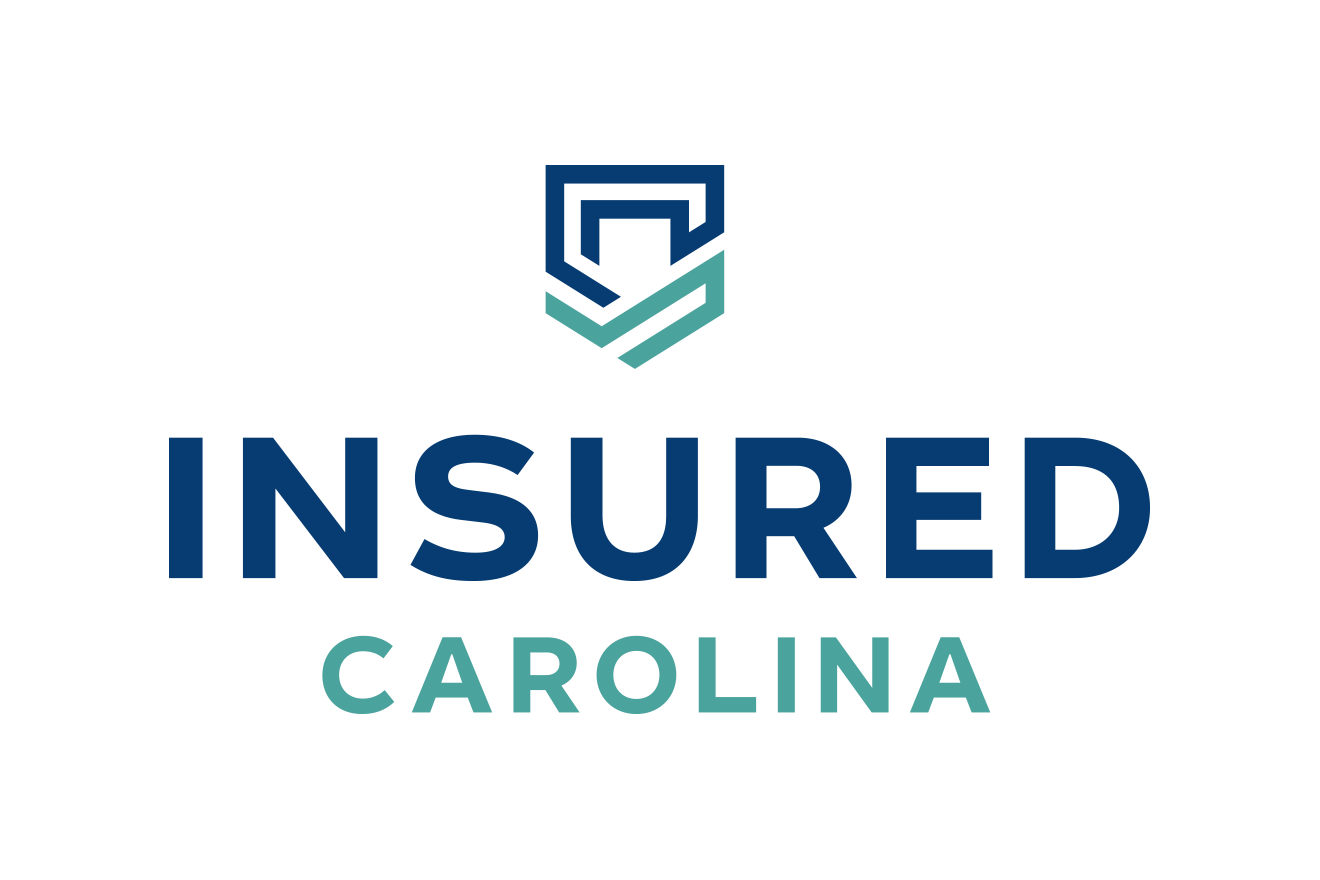How to prepare for the new tax season in January
duda • October 10, 2023
To prepare for the upcoming tax season, there are several important documents and information you should gather regardless of whether you are working with an accountant or preparing your taxes independently. Here are some key items you should collect:
1. Personal Information:
- Social Security numbers or Taxpayer Identification Numbers (TINs) for yourself, your spouse, and any dependents.
- Any changes in your address, marital status, or dependents.
2. Income:
- W-2 forms for each job you worked during the tax year.
- 1099 forms for any freelance work or self-employment income.
- Income documents related to rental properties, investments, or retirement accounts.
- Alimony received or paid, if applicable.
- Unemployment income statements, if applicable.
- Any other relevant income-related documents.
3. Deductions and Credits:
- Receipts and records for deductible expenses, such as medical expenses, charitable contributions, mortgage interest, and property taxes.
- Documentation for any education-related expenses or student loans.
- Records of business expenses if you are self-employed.
- Home office expenses, if applicable.
- Information on any health savings accounts (HSAs) or other eligible tax-advantaged accounts you contributed to.
4. Investment and Retirement Accounts:
- Forms 1099-B or year-end statements from brokers or financial institutions reporting sales of stocks, bonds, or mutual funds.
- Records for any capital gains or losses.
- IRS Form 5498 for contributions made to Individual Retirement Accounts (IRAs).
- Statements for any other retirement accounts, such as 401(k)s or 403(b)s.
5. Health Insurance:
- Forms 1095-A, 1095-B, or 1095-C to report health insurance coverage.
- Records of any premiums paid for health insurance if you are self-employed.
6. Other:
- Documentation for any state or local taxes paid.
- Records of any tuition or education expenses.
- Documentation of any energy-saving home improvements, if eligible for tax credits.
- Records of any estimated tax payments made throughout the year.
Once you have gathered all the necessary documents, providing them to your accountant will help ensure a smooth tax preparation process. Additionally, make sure to communicate any significant life changes or events that may impact your tax situation to your accountant.
It is important to consult with your accountant regarding specific documents they require for your tax preparation. They may have additional requirements or specific preferences.

If you’ve been surprised by the rising cost of your auto insurance, you’re not alone. Auto insurance rates continue to climb, and several factors are contributing to this trend. Here’s what’s driving up premiums and what you can do to manage your costs. 1. Rising Vehicle Theft One of the most significant contributors to rising auto insurance premiums is the increase in vehicle theft. According to the National Insurance Crime Bureau, vehicle theft rates have been on a steady climb since 2019, hitting an all-time high in 2023. This surge in thefts not only affects the individuals whose vehicles are stolen but also contributes to higher insurance costs across the board, as insurers adjust premiums to cover the increasing number of claims. 2. More Expensive Repairs Due to Advanced Technology Modern vehicles are equipped with advanced technology, including driver assistance systems and complex sensors. While these features improve safety, they also make cars much more expensive to repair. In fact, fixing these advanced systems can add up to 37.6% more to repair costs compared to traditional vehicles. As a result, insurers have to factor these higher repair costs into their pricing models, which leads to higher premiums for consumers. 3. Increasing Severity of Accidents Accidents are becoming more severe, and that’s another factor driving up auto insurance costs. With larger and heavier vehicles, such as SUVs and electric cars, the impact of collisions can be much greater, leading to more significant damage and higher medical and repair costs. Additionally, the growing number of electric vehicles on the road poses new challenges, as many safety systems and guardrails are not yet equipped to handle these heavier vehicles, increasing the severity of accidents. 4. Used Vehicle Prices are Skyrocketing The price of used cars has surged by nearly 47.9% as of Q3 2023. This means that when an insurance company has to replace a totaled vehicle, the cost to do so is much higher than in previous years. The sharp rise in used car prices is directly impacting insurance premiums, as insurers adjust to cover the higher replacement costs. What Can You Do About Rising Auto Insurance Rates? While rising premiums can be frustrating, there are a few strategies you can use to manage your costs: Review Your Coverage: Take the time to review your auto insurance policy. You may be able to adjust your coverage to better fit your current needs, potentially lowering your premium. Consider a Higher Deductible: Increasing your deductible can lower your monthly premium, but be sure you’re comfortable with the out-of-pocket cost if you need to file a claim. Bundle Your Policies: Many insurers offer discounts if you bundle your auto insurance with other types of coverage, such as home or renter’s insurance. This can be a great way to save money. If you’re concerned about your rising auto insurance premiums and want to explore your options, Schedule a Consultation with us today. We’ll help you navigate the changes and find a solution that works for your budget and coverage needs.

If you've noticed your home insurance premiums increasing, you're not alone. In today’s market, several factors are contributing to rising insurance costs, and homeowners are feeling the impact. The reasons behind these increases go beyond just inflation—they stem from a combination of economic, environmental, and industry-specific trends that are driving up the cost of repair, rebuild, and coverage. Here's a look at what’s causing home insurance rates to climb and what you can do about it. What’s Driving Up Home Insurance Rates? Labor Shortages and Material Costs: The cost of building materials has surged dramatically since 2020, and labor shortages in the construction industry continue to push costs even higher. From July 2023 to July 2024, residential reconstruction costs alone rose by 4.9%. This means that if your home needs repairs, those costs will likely be higher than just a few years ago. Insurers adjust their premiums to account for these increased expenses, so you're paying more to reflect the true cost of rebuilding. Extreme Weather Events: Catastrophic weather is becoming more frequent and severe. In 2023 alone, the U.S. experienced 28 separate billion-dollar weather-related disasters. These events result in significant damage to homes across the country, driving up insurance claims. When insurance companies face higher claim payouts, they adjust their rates to offset these costs, meaning higher premiums for everyone. Water and Fire Damage: According to recent reports, over 380,000 residential fires in 2022 led to nearly $11 billion in property damage. Meanwhile, water damage, including damage from freezing, has become one of the most common home insurance claims. With one in 60 homes experiencing water-related property damage each year, it's clear why insurers are increasing premiums to cover these growing risks. What Can Homeowners Do? Though rising insurance rates are out of your control, there are a few steps you can take to better manage your premiums: Schedule a Coverage Review: This helps ensure you’re not over- or under-insured. Your insurer can review your coverage and help tailor your protection to meet current market conditions. Consider a Higher Deductible: If you're comfortable with a higher out-of-pocket cost in the event of a claim, increasing your deductible may lower your premium. Look for Discounts: Installing safety features like fire alarms, water sensors, or even smart home technology can sometimes lead to discounts on your insurance. Ask your insurer about potential savings. Bundle Your Policies: Bundling your home and auto insurance, when available, can help you save on both policies. Stay Ahead of Rising Costs As home insurance rates continue to increase, it’s essential to stay informed and proactive. For tailored advice and solutions that fit your needs, schedule a consultation with us today. We'll help you navigate these changes and find the best options to protect your home without overpaying. Understanding why premiums are rising is the first step to making informed decisions about your home insurance. Let's work together to ensure you have the right coverage at a fair price.
